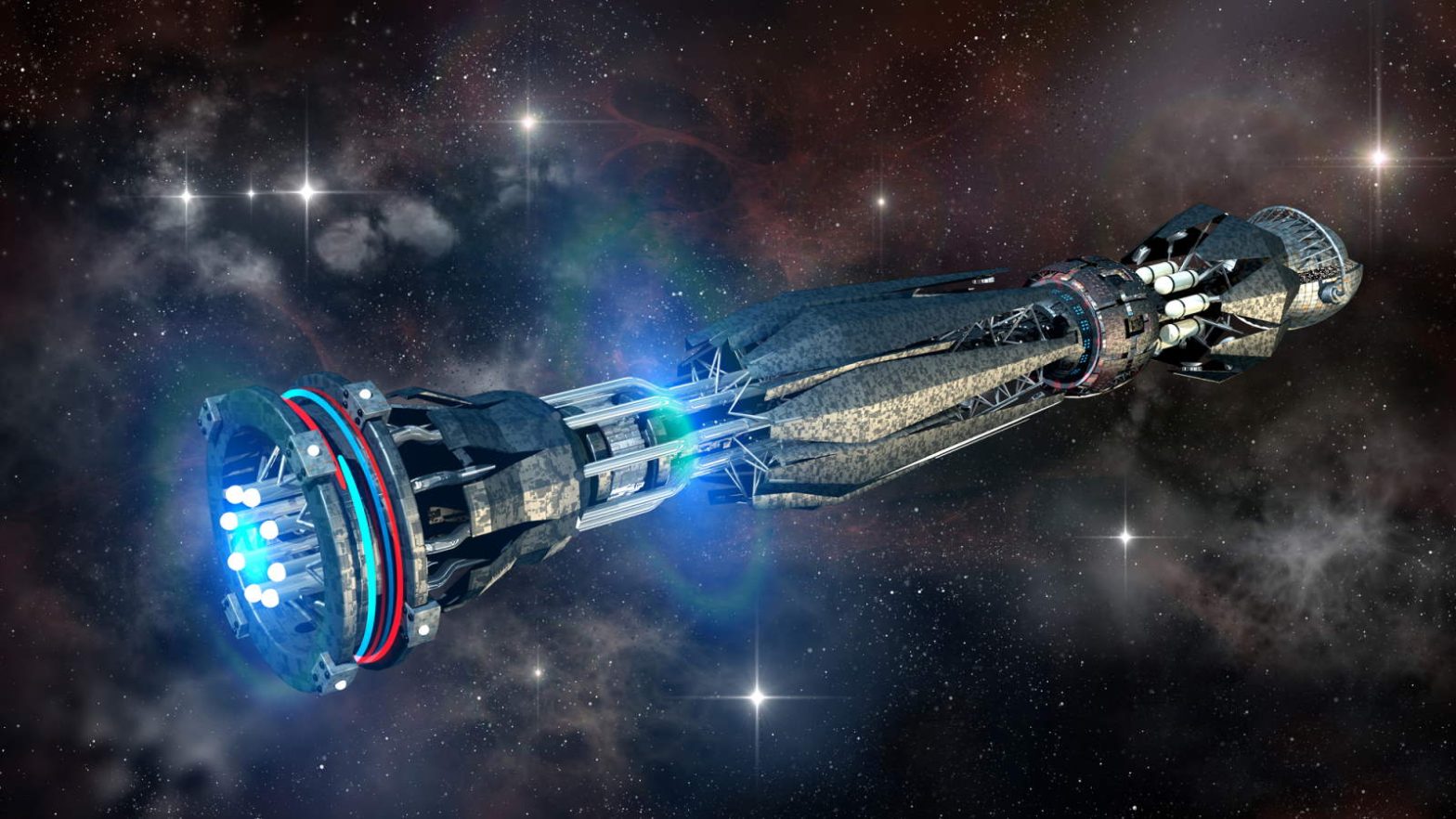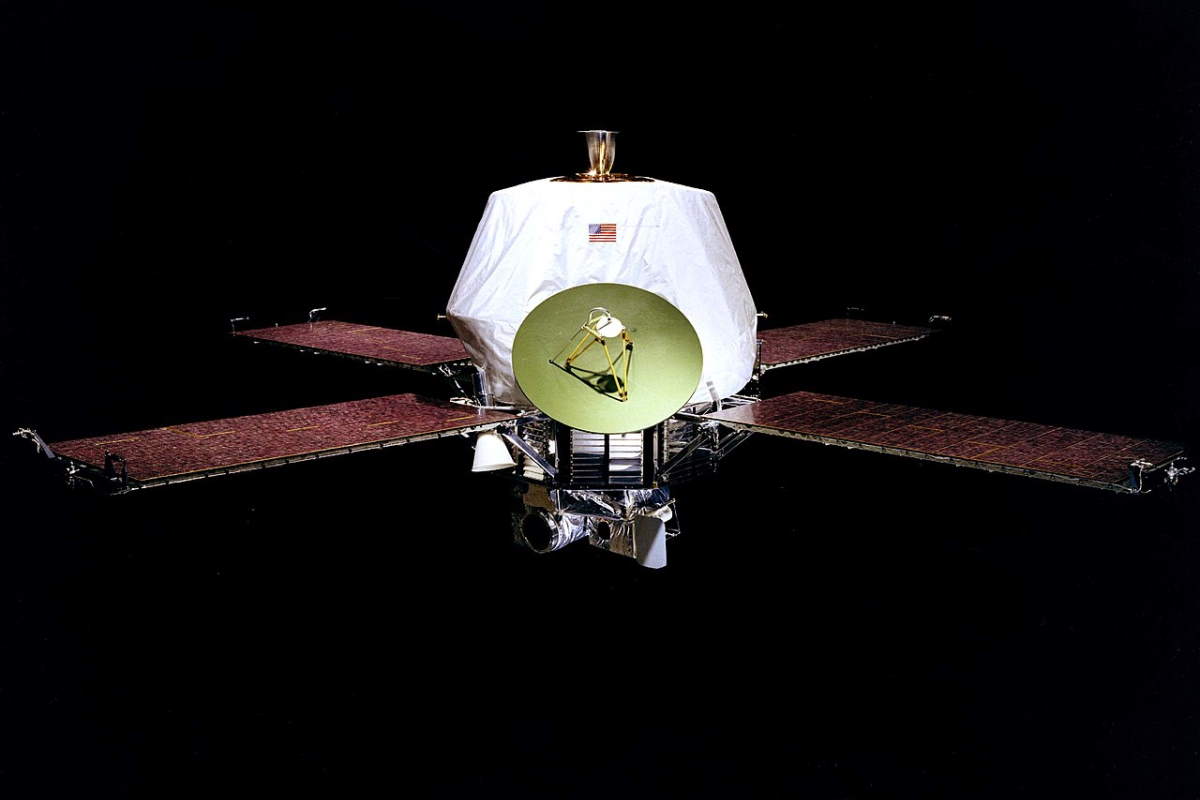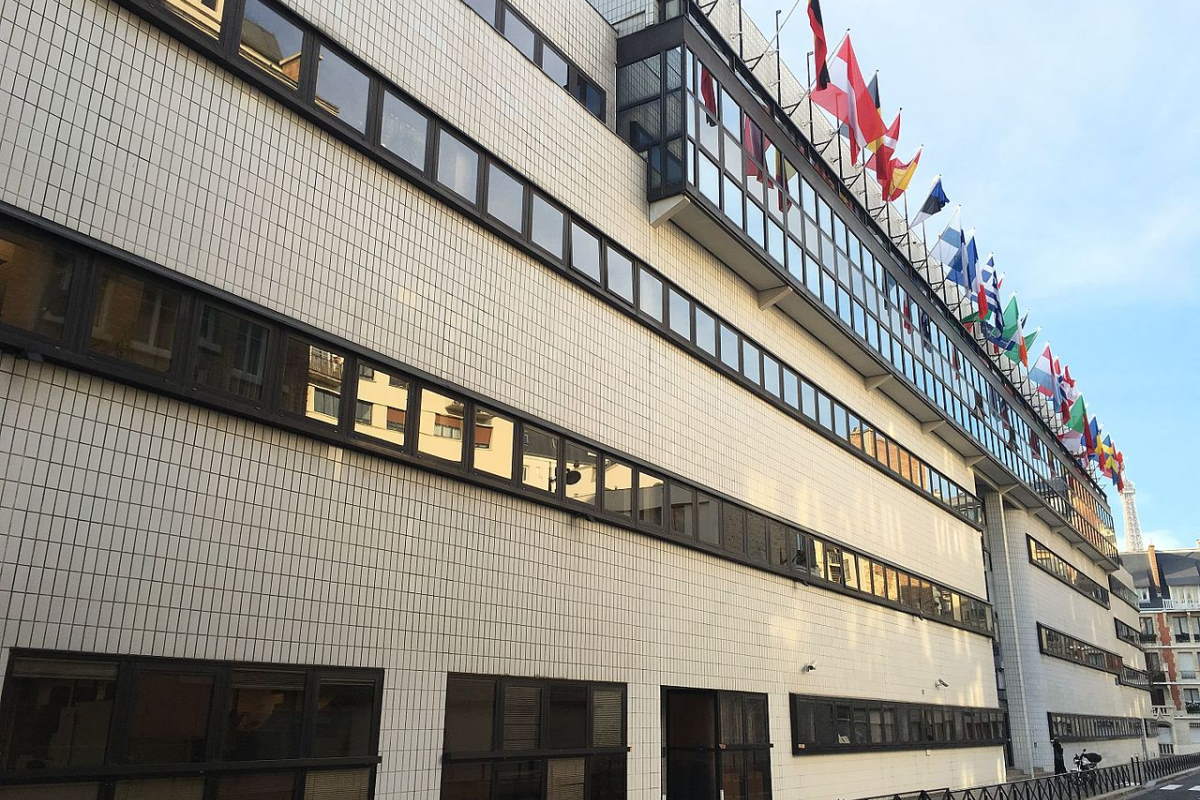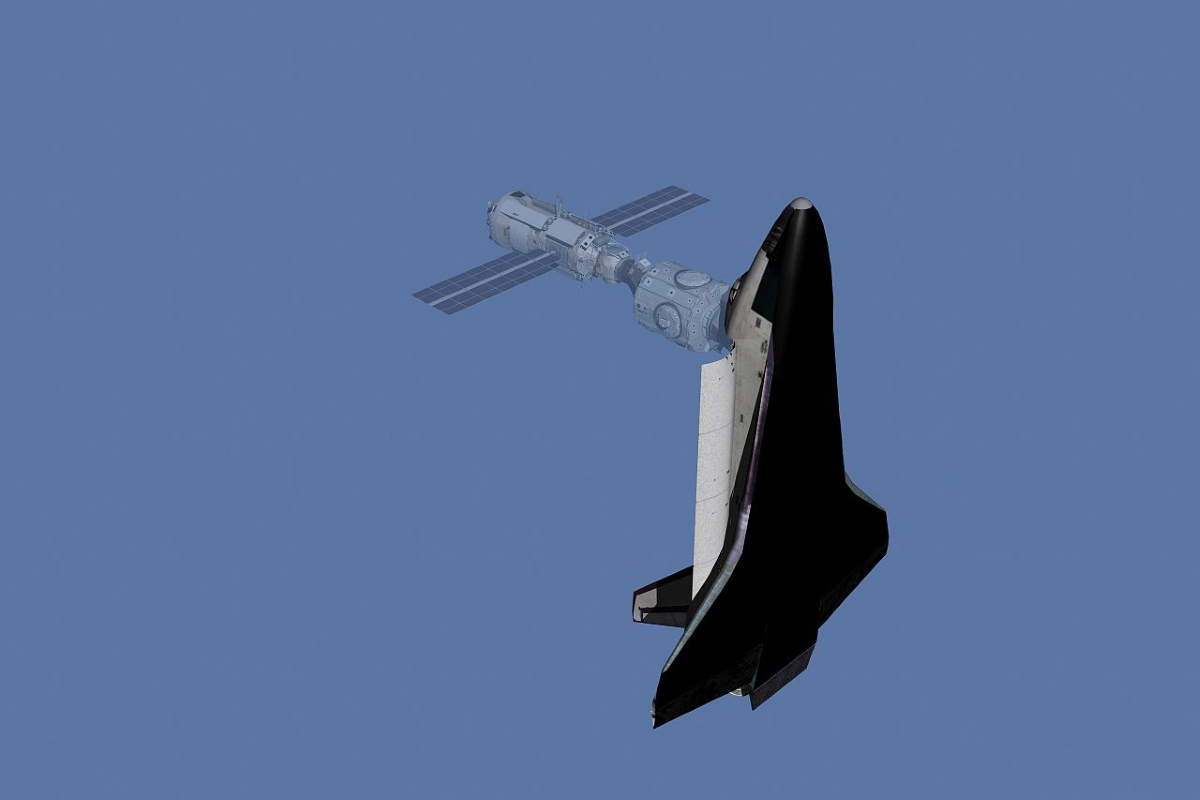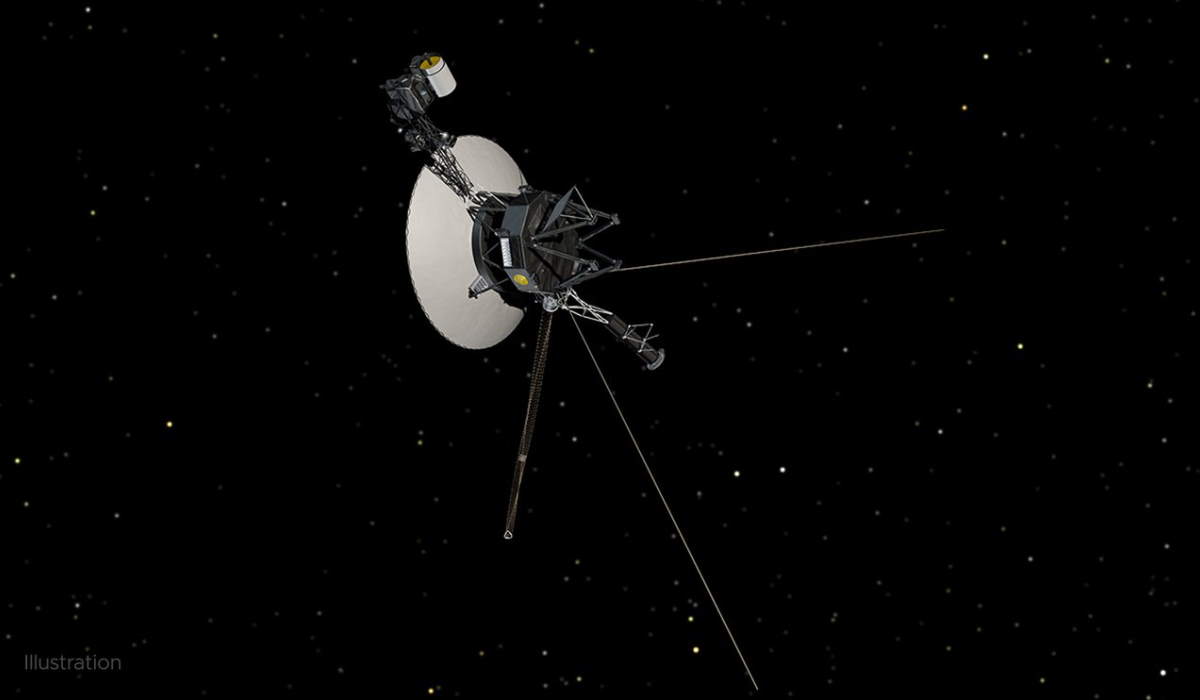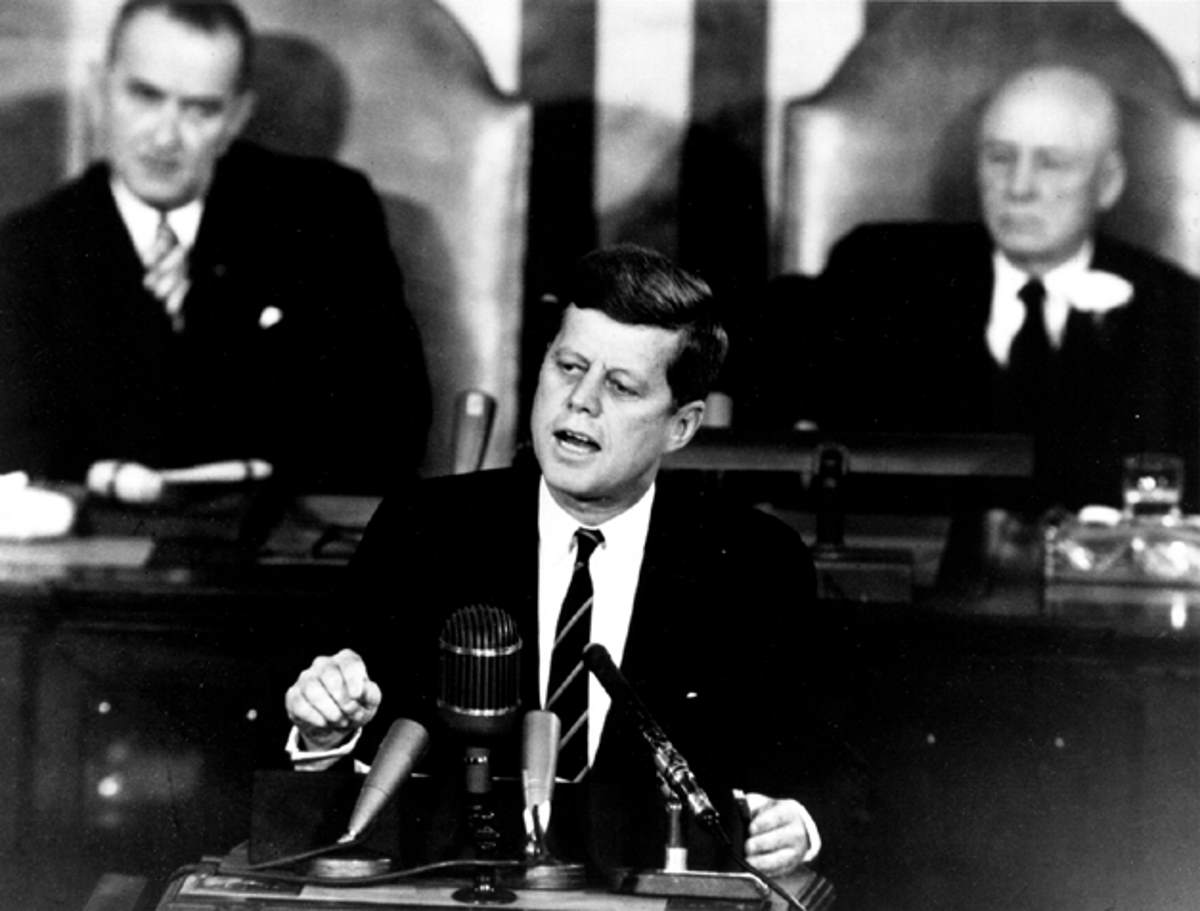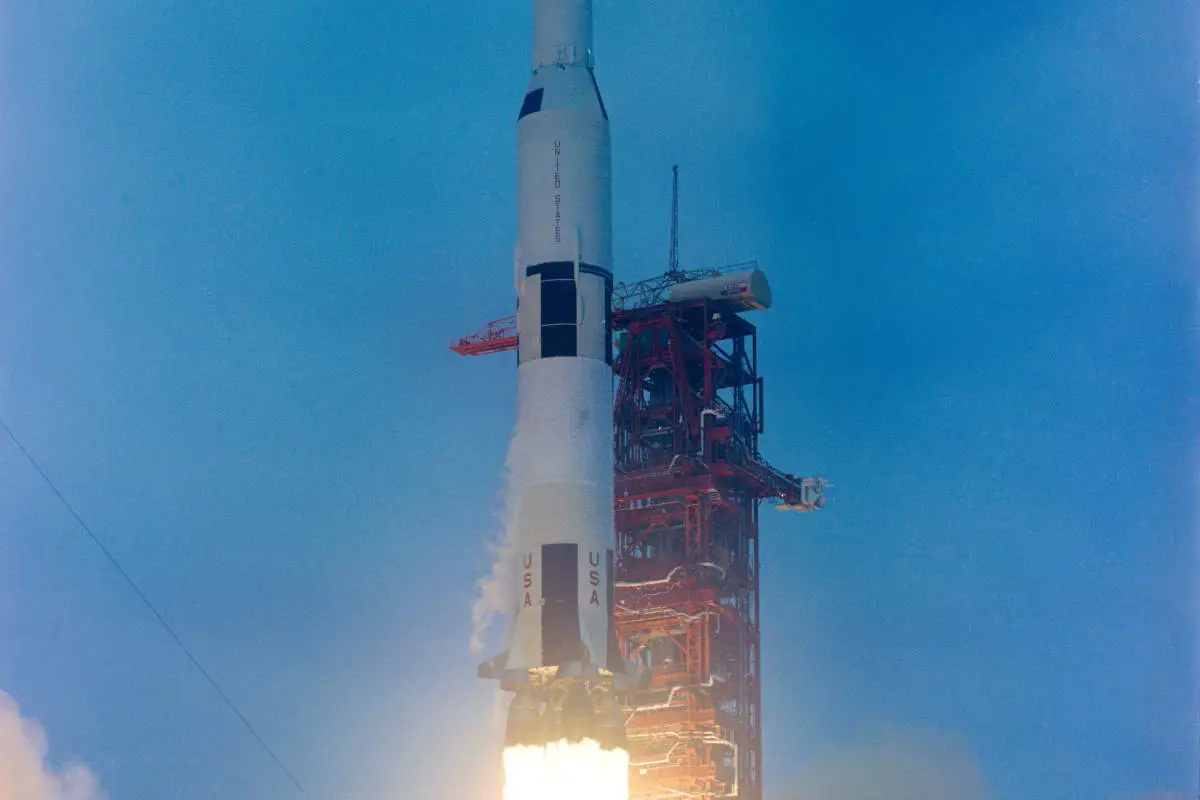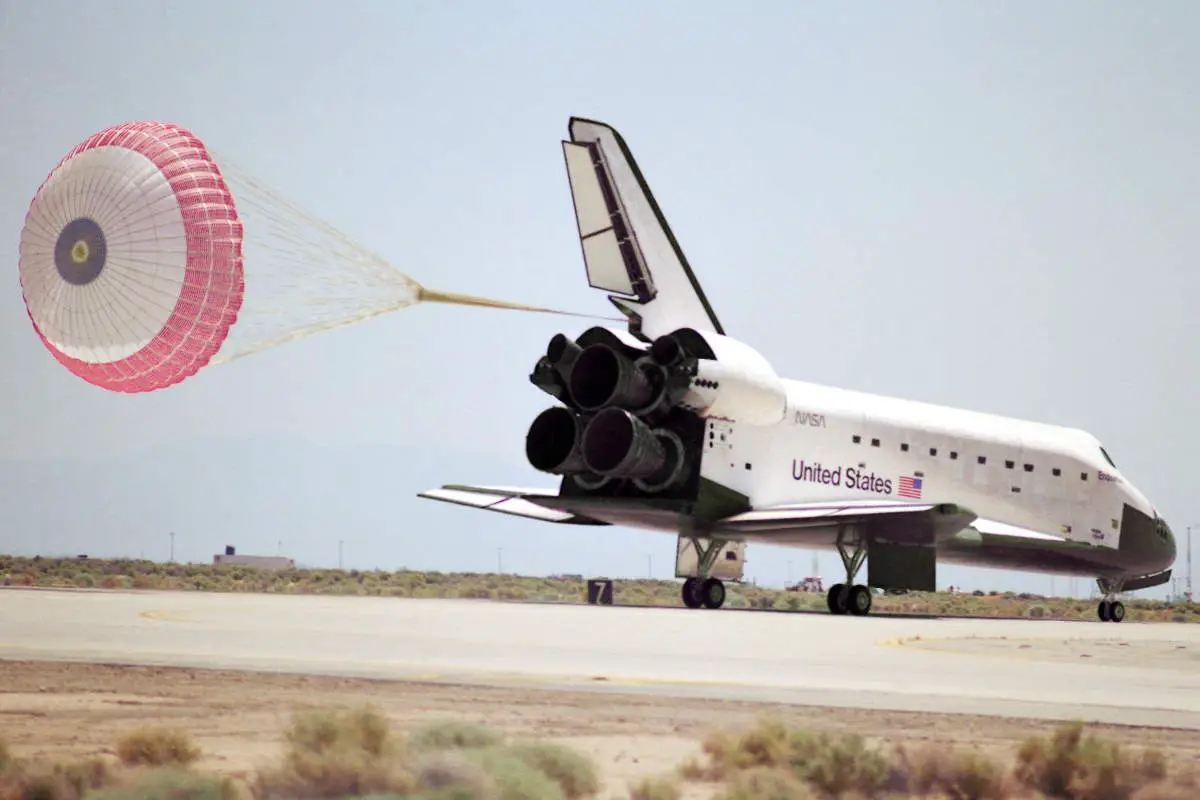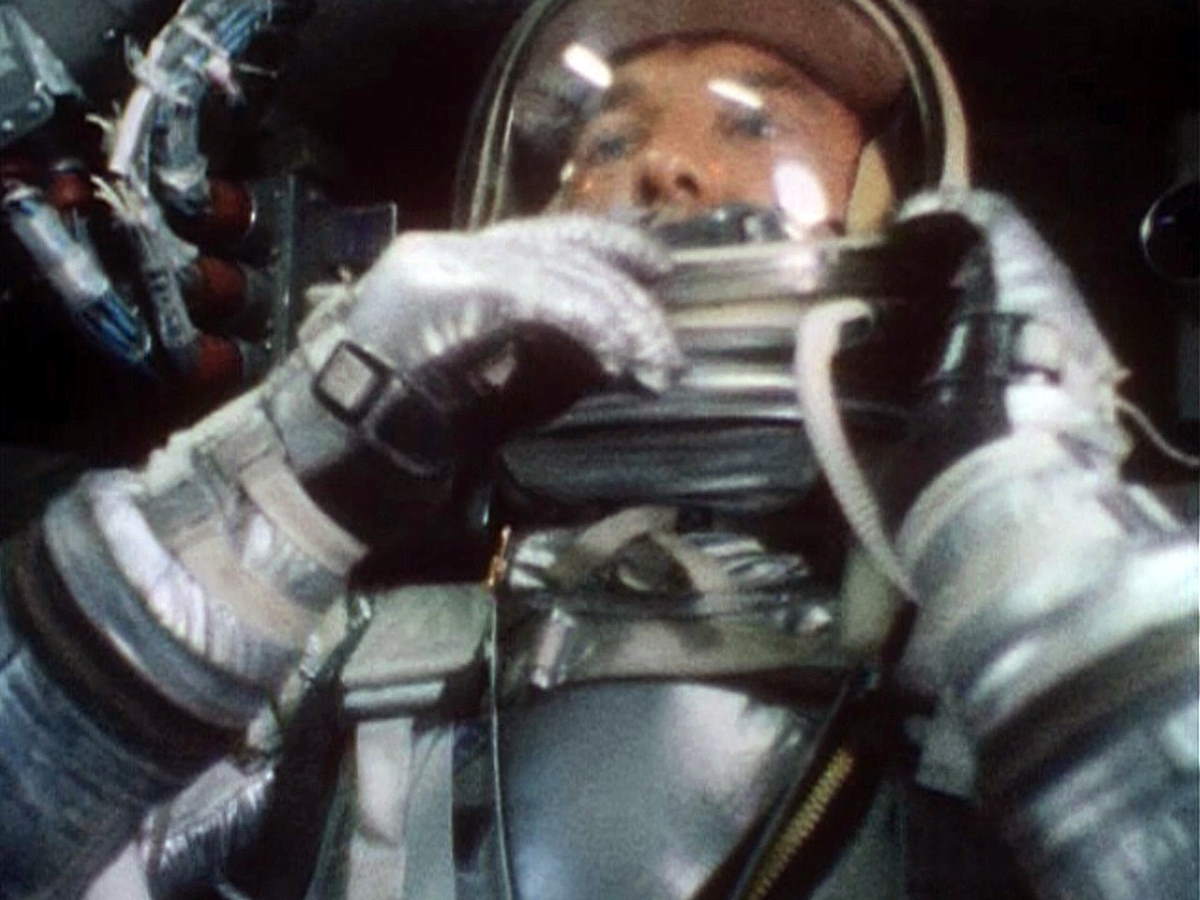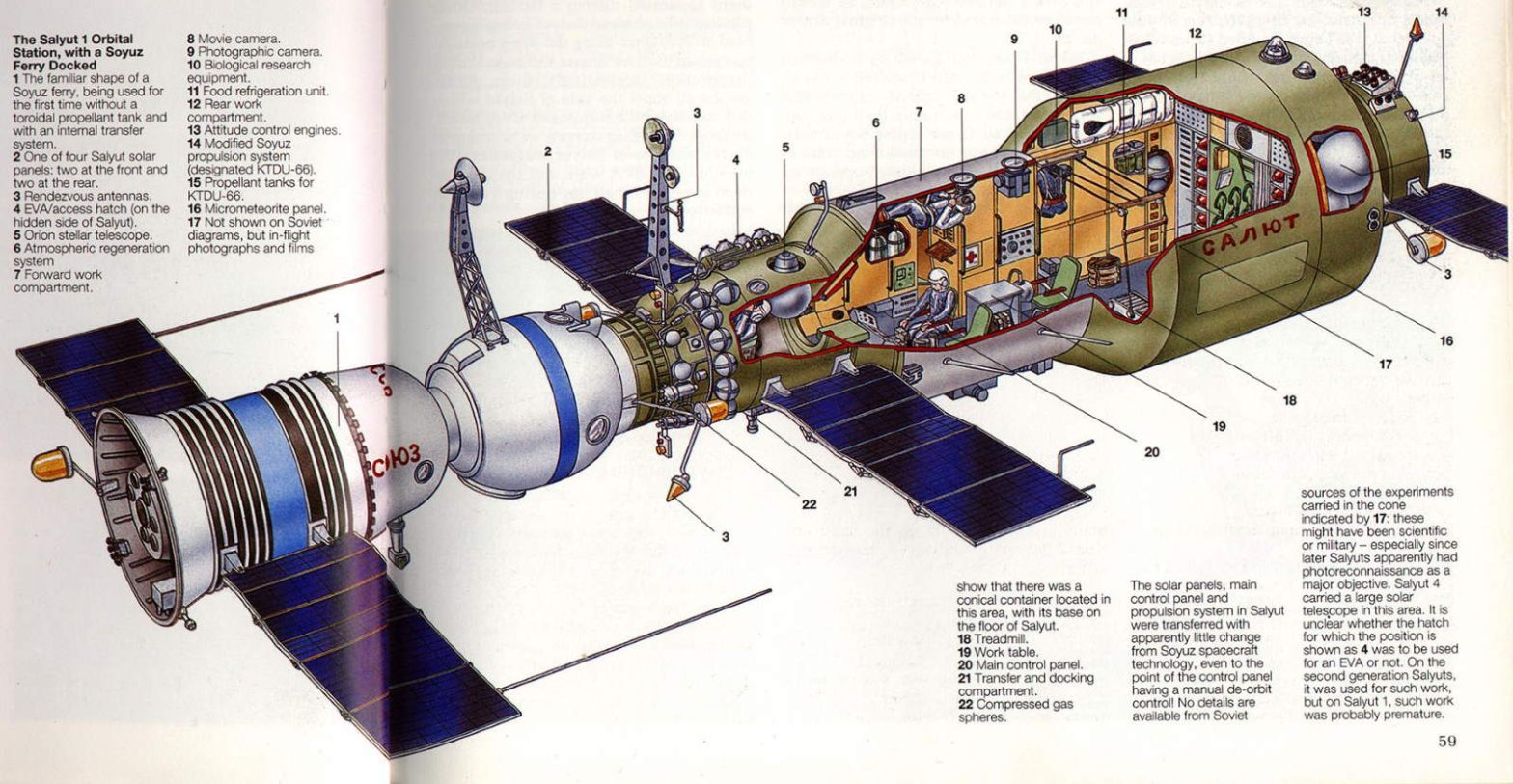Is faster-than-light (FTL) travel possible?
Ever since astronomers found that Earth and the Solar System are not unique in the cosmos, humanity has dreamed of the day when we might explore nearby stars and settle extrasolar planets. Unfortunately, the laws of physics impose strict limitations on how fast things can travel in our Universe, otherwise known as Einstein’s General Theory of Relativity. Per this theory, the speed of light is constant and absolute, and objects approaching it will experience an increase in their inertial mass (thereby requiring more mass to accelerate further).
